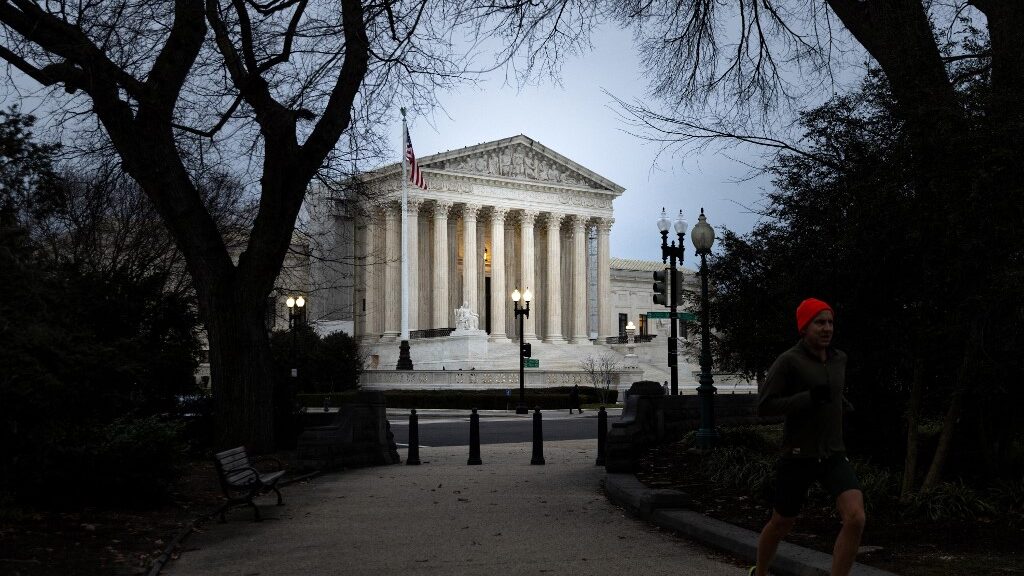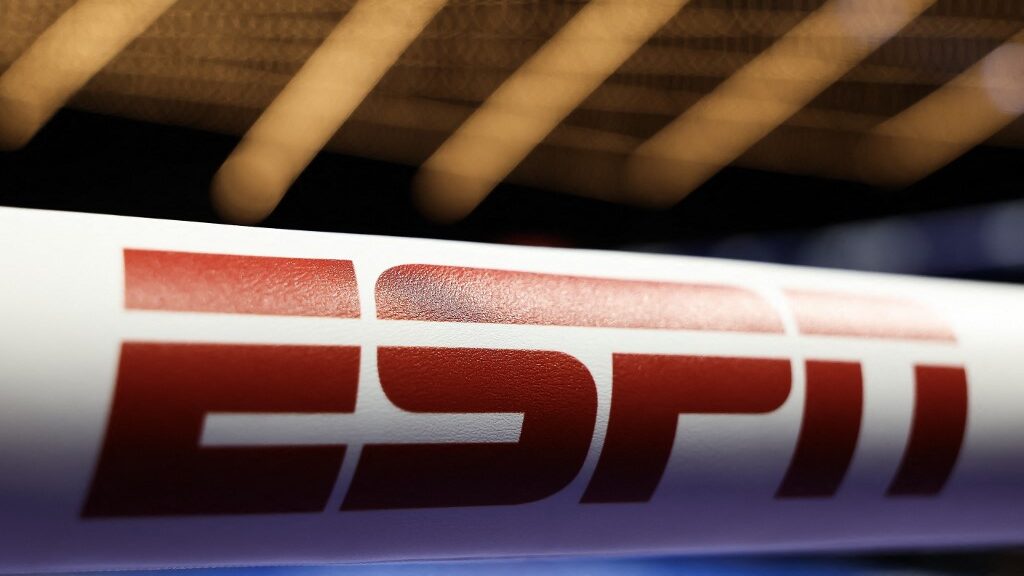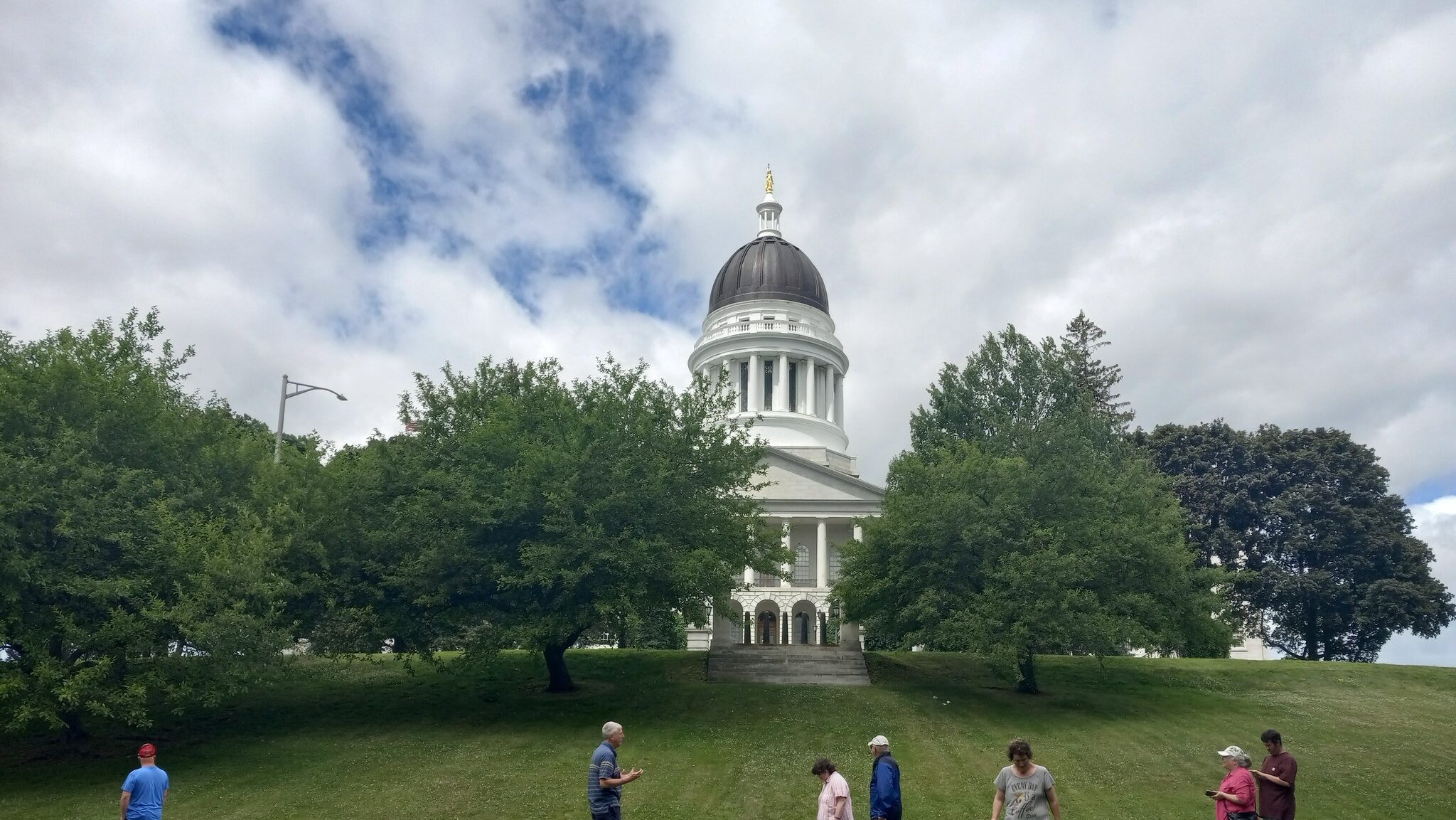
The battle over sports betting in Florida may be headed to the United States’ highest court.
Lawyers for two Florida casino operators are asking the U.S. Supreme Court to stop a deal made in 2021 that allows the Seminole Tribe to have authority over sports betting in the Sunshine State.
Explore the latest developments in the dispute and its impact on Florida’s online sportsbooks industry.
Background
West Flagler Associates and Bonita-Fort Myers Corp. want the high court to review a decision made by an appellate court. This decision upheld the original deal that gave the Seminole Tribe control over sports betting in Florida.
U.S. Department of the Interior Secretary, Deb Haaland, whose agency oversees tribal gambling, allowed the deal, known as a compact, to go into effect.
In the legal petition submitted to the U.S. Supreme Court, the companies’ lawyers contended that according to federal law, Haaland did not have the authority to approve an agreement allowing gaming activities outside of Indian territories. They emphasized that the specific compact in question clearly permits such gaming activities beyond Indian lands.
The sports betting part in the compact was used “as a backdoor around state constitutional prohibitions against online sports gambling conducted off tribal lands” and created “a sports gambling monopoly” for the tribe, the petition said.
The state argues that sports betting isn’t a casino game, or at least, that the list of the “casino games” available in the state was “fixed” at the time and didn’t include sports betting.
What Started the Dispute?
The legal dispute centers around a 2021 deal between the tribe and the state.
According to this deal, the Seminoles have the exclusive right to offer sports betting throughout Florida, including through mobile apps. However, some Florida companies argue that this arrangement violates federal law because it allows gambling outside tribal lands.
In 2021, a judge at the federal level ruled in favor of the Seminole Tribe regarding this matter. However, in June, a group of three judges from the U.S. Circuit Court of Appeals for the District of Columbia disagreed with this decision and overturned it.
Despite the companies’ request for the full appellate court to review this decision again, they declined. Consequently, the companies sought intervention from the U.S. Supreme Court.
Lawyers for the parimutuel companies argue that this case has significant implications not only for Florida but also for other state-tribal compacts across the country. The U.S. Supreme Court’s decision could set a precedent for how such agreements are handled going forward.
The Train Has Already Left the Station
In the agreement spanning three decades, the Seminole Tribe committed to paying Florida approximately $20 billion, with $2.5 billion allocated over the initial five years.
This compact granted the Seminoles permission to introduce craps and roulette at their casinos. It also allowed them to establish three additional casinos on tribal land in Broward County. Furthermore, it permitted other gambling establishments, known as pari-mutuels, to form contracts with the Seminoles and share revenue from sports betting.
In November, the tribe unveiled a sports betting app. It was also followed by the introduction of craps and roulette at its casinos in December.
On January 18, the tribe made its first monthly payment of nearly $58 million to the state. According to Amy Baker, coordinator of the Legislature’s Office of Economic & Demographic Research, monthly payments will vary in the upcoming months as the tribe and the state finalize the details of the revenue-sharing calculation for the year.
There’s no word as to when or if the high court will rule.















